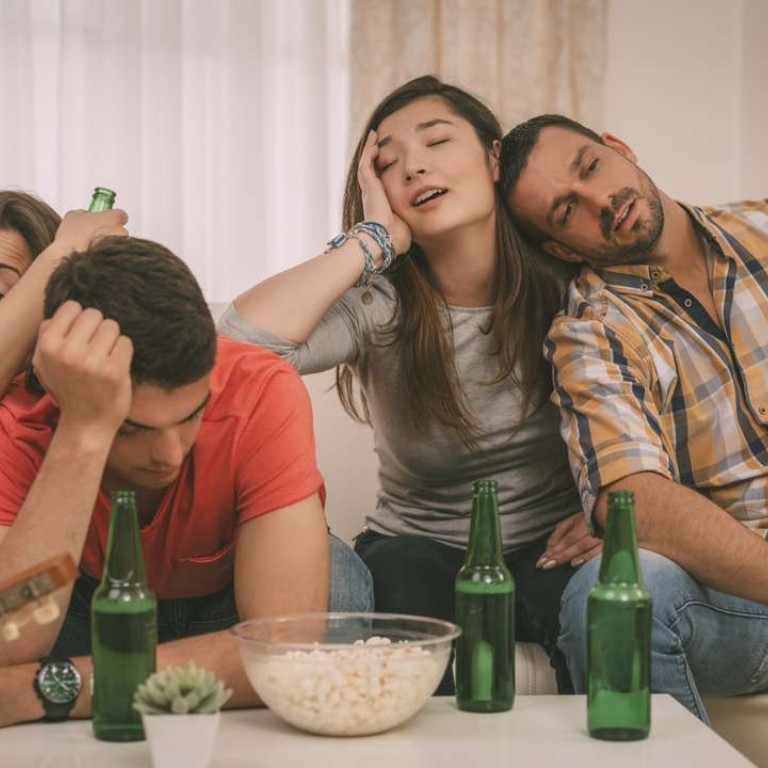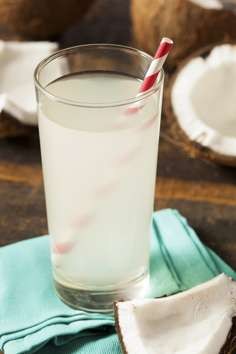
A professional’s advice on how to avoid a hangover this party season
Moderation is the best prevention, but we all know that’s unlikely during these festive weeks – so the next best thing is to prepare properly for the session, pace yourself during it and start to repair the damage before going to bed
Any experienced drinker will have a couple of preventative tricks up their sleeve toavoid having a nasty hangover.
Of course, moderation is the best prevention, but when faced with an abundance of parties and celebrations during this holiday season, many would find it hard to resist having an extra drink or three, especially if one is in the company of peers.
Food and wine pairings: a sommelier’s dos and don’ts, and why ‘less is more’ should be your rule of thumb
Many years ago, when I was just starting out as a sommelier, I was given some invaluable advice. Back then, before I had built up a tolerance for excessive drinking, I was advised to drink a spoonful of olive oil at least an hour before tasting. The theory is that the oil coats the stomach, thus slowing down the absorption of alcohol. It also can help those who unfortunately turn red in the face after a small sip of alcohol. Does it work? I think so, although it’s probably hard to prove. I’ve been doing it for years, and have recommended the trick for others to try. It’s kind of like coating a pan with oil before cooking so that food doesn’t stick.

The best thing to do, though, is to eat. Something to line the stomach, and to clear the palate, is plain bread, the usual “sponge” that is offered at tastings. This works to a point, but when I see bread, I also think of cheese … and yes, a substantial enough nosh is good. I wouldn’t recommend eating anything that’s spicy, garlicky or heavily seasoned. Keep it simple – scrambled eggs, a bit of chicken or turkey, pasta. That being said, if the holiday canapés include foie gras or caviar, I wouldn’t say no to those.
The hard road to becoming a master sommelier
My favourite wine critic, Jancis Robinson, recommends milk thistle, a health supplement that supposedly helps the liver to work more efficiently. It’s been around for a long time, and naturopaths believe that it can also help lower cholesterol and is a possible remedy for gallstones and psoriasis. A magic potion in my books.

And water – lots of it – is always good when drinking, as alcohol, despite being a liquid, is dehydrating. The usual recommendation is to down an equal amount of water with each alcoholic drink – it dilutes the effects of the alcohol.
One friend swears by Underberg at the end of an evening if he’s been drinking more than usual. Underberg is a herbal digestif that’s 44 per cent alcohol by volume (ABV), and it’s horribly bitter. My take on this? Its very medicinal taste deters one from drinking anything else. It’s like having the hair of the dog before it bites you.

A tip that is mentioned quite often is the sage advice of not mixing grape and grain. What does this mean? Starting with a beer (grain) is fine as an aperitif. Wine afterwards during the course of an evening is also OK. But don’t go back and forth. After wine, a digestif such as port, grappa, cognac or Armagnac are all fine, as they are made from grapes. But if you decide to imbibe a single malt, that’s putting yourself in the danger zone as this is made from grain. It might be okay to have a wee dram for a nightcap, but then stop there: if you were to then go back to port or cognac, you’ve gone into what I call the tipple danger zone – definite grounds for an achy head the next day.

Brown spirits such as whisky, dark rum and bourbon have more congeners – a by-product that remains in a spirit after production. Congeners are reputed to be a contributing factor in hangovers, as they seem to slow down the body’s ability to process alcohol. White or clear spirits are considered “cleaner” as they have minimal congeners.
After a hard night of partying, take a couple of steps when you get home before going to bed. Another good preventative measure is top up the body’s electrolyte levels. The latest foodie trend, coconut water, is at the top of the list; next up would be the Japanese sport drink, Pocari Sweat, and the old standby, Gatorade.
And then have a big glass of water. The downside is that you’ll have to wake up for a trip to the loo in the middle of the night – but take that as an opportunity for another glass of water. Your head and body will thank you the next day.
Next week, Debra Meiburg will give tips on what to do if, despite this advice, you do get a hangover.
Nellie Ming Lee is a food stylist and part-time sommelier studying with the Court of Master Sommeliers

